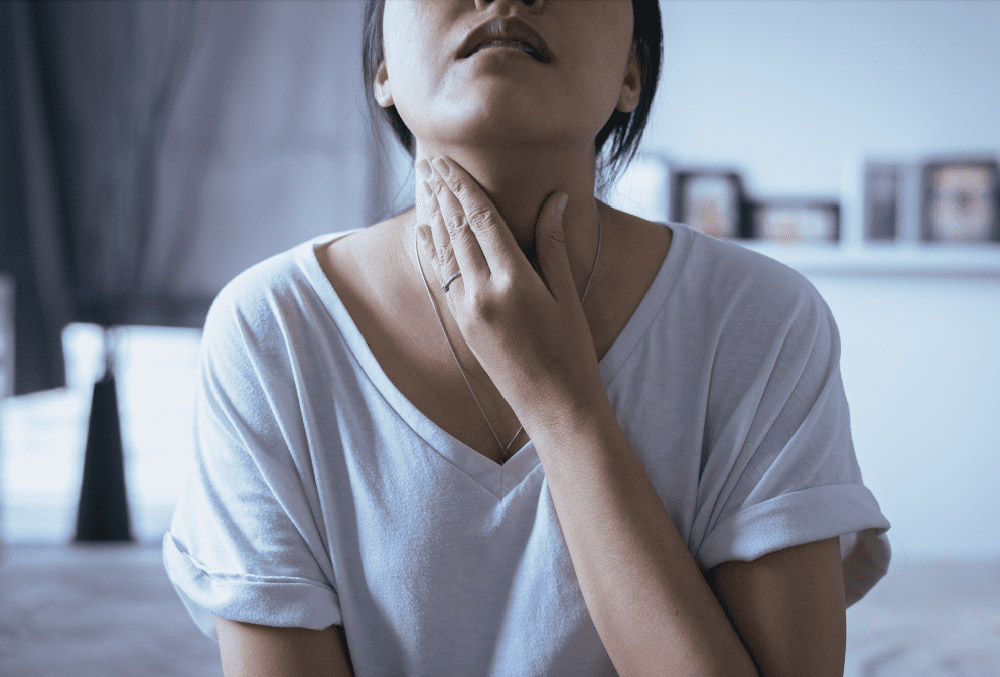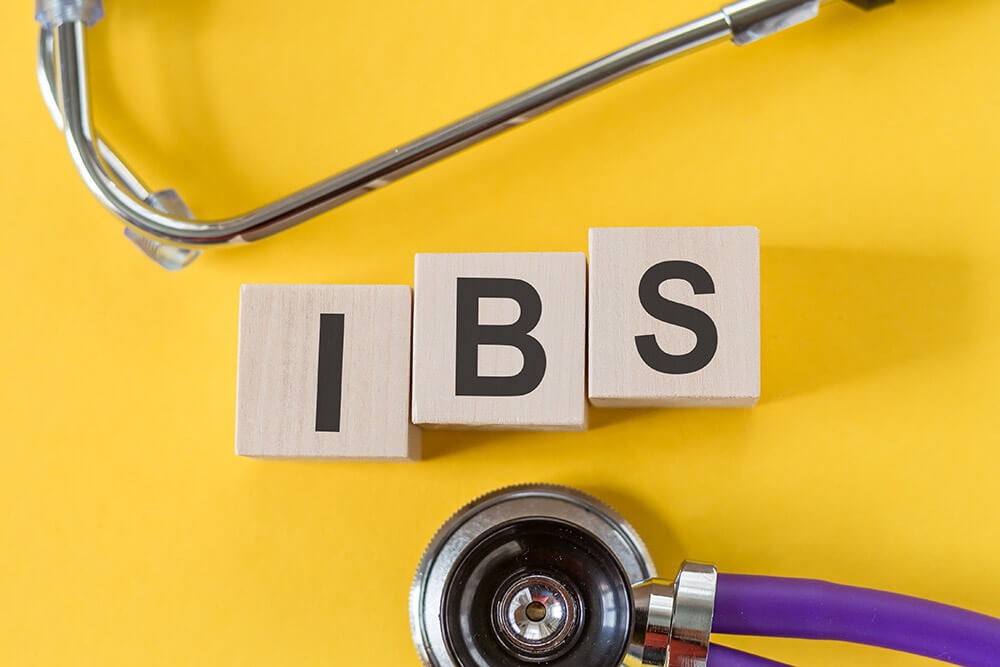What Is Gastroesophageal Reflux Disease (GERD)?
GERD stands for gastroesophageal reflux disease. It happens when acid from your stomach flows back into your esophagus. This backflow, called acid reflux, causes a burning feeling in your chest or throat. GERD is more serious than occasional heartburn. It can affect your sleep, eating habits, and quality of life.
Common Causes and Risk Factors
- Being overweight or recently gaining weight
- Hiatal hernia (part of your stomach moves up into your chest)
- Pregnancy
- Smoking or drinking alcohol
- Eating trigger foods like spicy dishes, chocolate, and tomatoes
Signs and Symptoms
- Heartburn-burning chest pain after meals or at night
- Sour or bitter taste in the mouth
- Trouble swallowing or feeling a lump in the throat
- Dry cough, hoarseness, or sore throat
- Food or liquid coming back up
How Dr. Rishi Diagnoses Gastroesophageal Reflux Disease (GERD)?
Health History & Physical Exam
Dr. Chadha begins with a comprehensive review of your symptoms, medical history, lifestyle factors (diet, smoking, alcohol), and a focused physical exam.
Upper Endoscopy
An esophagogastroduodenoscopy (EGD) lets Dr. Chadha directly inspect your esophagus and stomach lining for inflammation, erosions, or other signs of damage.
24-Hour pH Monitoring
This test measures acid levels in your esophagus over a full day to correlate reflux episodes with your symptoms.
Esophageal Manometry
Manometry evaluates the strength and coordination of esophageal muscles and the lower esophageal sphincter to identify motility disorders.
Barium Swallow X-Ray
During this fluoroscopic exam, you drink a barium solution so X-rays can reveal how food moves through your esophagus and detect hiatal hernia or strictures.
ICD-10 code for GERD: K21.9 (GERD without esophagitis)
Frequently Asked Questions
What is the ICD-10 code for GERD?
It's K21.9 (GERD without esophagitis).
Can GERD go away on its own?
Mild cases might improve with diet and lifestyle changes, but most people require medication for lasting relief.
What should I eat with GERD?
Focus on non-trigger foods like oatmeal, bananas, baked chicken, and green vegetables. Avoid spicy, acidic, or fatty foods.
How fast do GERD medications work?
Antacids can relieve symptoms within minutes, whereas proton pump inhibitors (PPIs) may take a few days for full effect.
Are PPIs safe for long-term use?
Yes, PPIs are generally safe but should be monitored by your physician to manage any potential side effects.
Do I need an endoscopy?
An endoscopy may be recommended if you experience persistent symptoms, difficulty swallowing, or unexplained weight loss.
Can GERD cause a chronic cough or asthma?
Yes. Acid reflux can irritate your throat and airways, leading to chronic cough, hoarseness, or asthma-like symptoms.
Will I need surgery for GERD?
Surgery'such as laparoscopic fundoplication or the LINX- procedure-is considered when lifestyle changes and medications fail to control symptoms.
How often should I see my doctor for GERD?
Your follow-up schedule depends on your individual treatment plan. Dr. Chadha will determine the best timeline based on your progress.
Where can I read more about GERD?
For trusted information, visit the American Gastroenterological Association at www.gastro.org.











